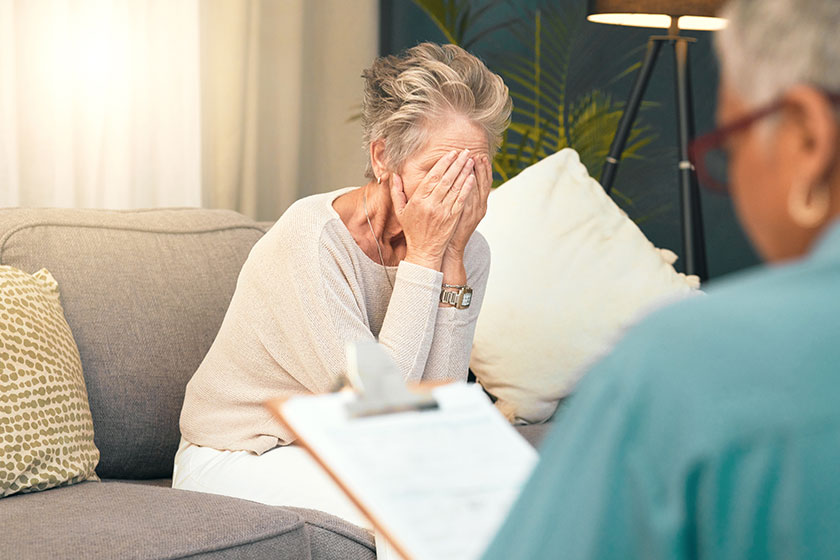In the journey of life, we all face challenges and transitions, and as we age, these challenges can become more pronounced. Mental health is an integral component of overall well-being, and for the elderly, it holds paramount importance. In this article, we will explain the significance of mental health counseling for seniors, shedding light on its positive impact on your emotional and psychological health.
Understanding the Unique Needs
As we progress through life, our mental health needs evolve, and this is particularly true for the elderly. Coping with physical limitations, loss of loved ones, and the realities of aging can be emotionally taxing. Mental health counseling for the elderly acknowledges these unique needs and provides a supportive environment for addressing them. It enables individuals to navigate life’s complexities with resilience and a sense of purpose.
Breaking the Stigma
There is a common misconception that seeking mental health counseling signifies weakness. This stigma can be especially challenging for the elderly, as they may have grown up in an era where discussing mental health was less common. However, we must break this stigma and emphasize that seeking help is a sign of strength and self-care. Mental health counseling for the elderly normalizes the conversation and encourages individuals to prioritize their emotional well-being.
Enhancing Emotional Resilience
As we age, we accumulate a wealth of memories and experiences, both joyful and challenging. Mental health counseling equips the elderly with the tools to cope with these experiences in a healthy manner. It fosters emotional resilience, allowing individuals to navigate life’s ups and downs with grace and adaptability. By addressing unresolved issues and providing effective coping strategies, counseling empowers the elderly to maintain their emotional balance.
Fostering Social Connections
Isolation and loneliness can have a profound impact on an individual’s mental health. Our social landscape changes as we age, and the elderly may find themselves with fewer social interactions. Mental health counseling for the elderly not only provides a safe space for emotional expression but also fosters social connections. Group therapy sessions, in particular, can be a valuable avenue for the elderly to connect with others who share similar experiences, reducing feelings of isolation.
Improving Overall Well-Being
Mental health counseling plays a vital role in the overall well-being of individuals. It contributes to an improved quality of life by addressing issues such as anxiety, depression, and grief. Individuals who engage in counseling often report an enhanced sense of self-worth, improved relationships with loved ones, and a greater capacity to enjoy life’s simple pleasures. Mental health counseling is an investment in one’s overall well-being.
The importance of mental health counseling for the elderly cannot be overstated. It is a means to understand their unique needs, break down the stigma surrounding seeking help, enhance emotional resilience, foster social connections, and ultimately improve their overall well-being. As we age, prioritizing mental health becomes increasingly crucial. Let us embrace the value of mental health counseling for the elderly and support them on their journey towards a healthier and happier life.
If you or a loved one is facing the challenges of aging, consider exploring the benefits of mental health counseling. At our retirement community, we understand the significance of mental well-being for our residents. Our commitment to providing comprehensive senior living options includes access to essential mental health counseling services. Contact us for more information.







